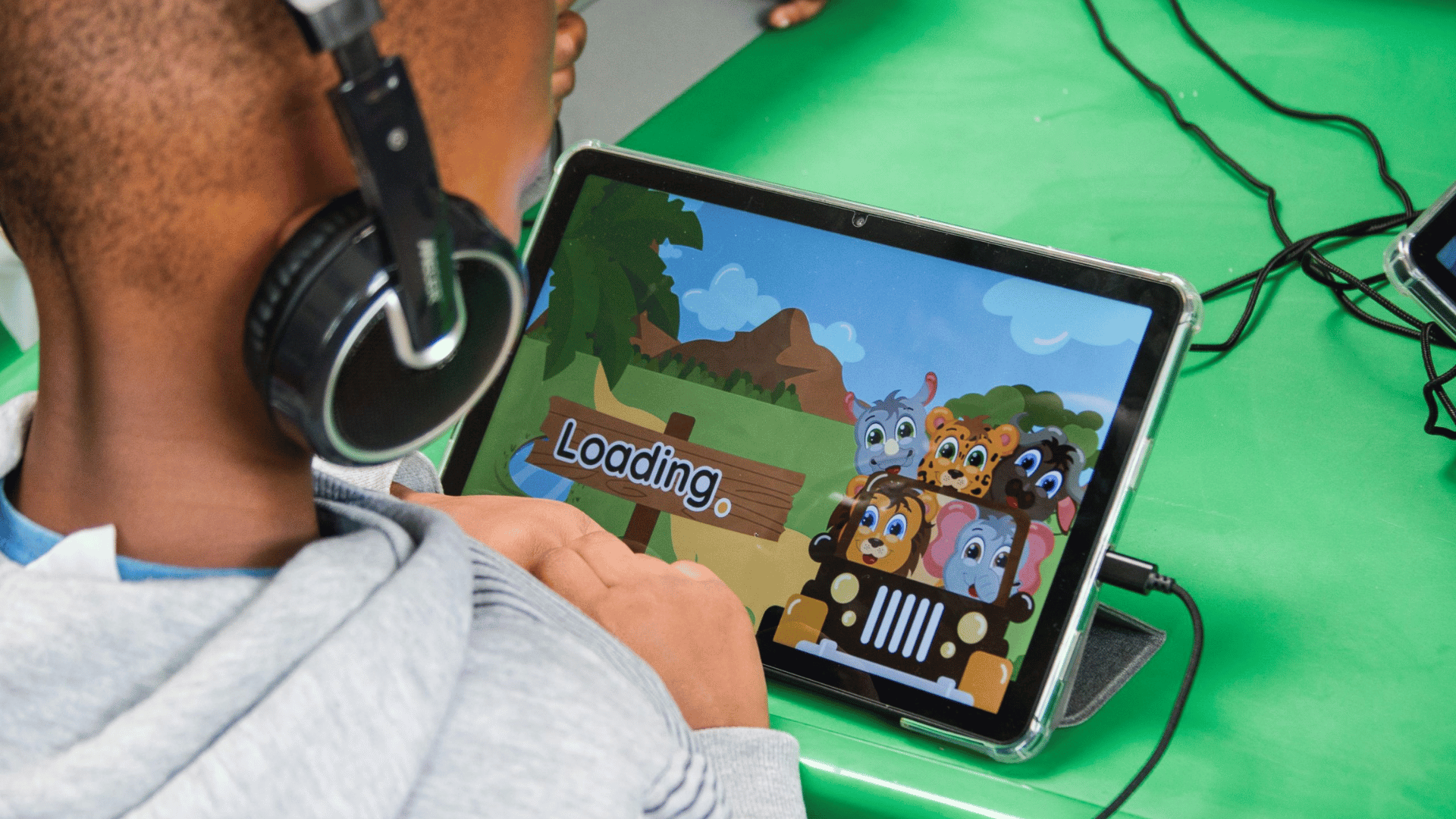Teachers are everyday superheroes
.png)
Across Africa, teachers are the heartbeat of education, keeping curiosity alive and guiding learners forward, often in the face of overcrowded classrooms, limited resources, and infrastructure challenges.
World Teachers’ Day, celebrated on 5 October, shines a light on these unsung heroes. But at Injini, we believe teachers deserve recognition every day, especially in Africa, where their resilience and dedication make learning possible despite systemic barriers.
That’s why Injini is committed to empowering these everyday superheroes with EdTech tools and support that transform their resilience into lasting impact across education.
Why teachers’ voices matter in EdTech innovation
One of the most significant risks in EdTech is designing without listening. Technologies conceived in isolation often miss classroom realities when issues like unreliable electricity, large class sizes, or low bandwidth are overlooked. When teachers’ voices are included from the start, solutions are more likely to be practical, usable, and aligned with classroom events.
Through Injini’s EdTech Fellowship and Incubation programmes, startups that prioritise teachers as co-creators are supported. For example, in the 2024 and 2025 cohorts, many selected EdTech startups address teacher training, infrastructure gaps, and curriculum-aligned content.
The power of teacher buy-in
Even the most technically brilliant EdTech fails without teacher buy-in. Teachers remain the gatekeepers of classroom technology; if they don’t believe in a tool, don’t feel competent with it, or see it as an added burden, adoption stalls. Over the years, we’ve noticed that when teachers are seen as co-creators, they feel a sense of ownership and become confident when using EdTech.
Teacher adoption is often influenced by a tool's design. Intuitive, easy-to-use solutions make teachers far more likely to integrate them into daily lessons. Equally important is evidence that the technology improves learning outcomes or reduces the administrative burden. Trust in infrastructure also matters because teachers will be hesitant to adopt a tool if they know the school lacks reliable electricity, connectivity, or devices. Finally, ongoing support ensures that teachers do not feel isolated or overwhelmed. Without these forms of reassurance, even the most well-designed solutions risk going unused.
Challenges teachers face in adopting EdTech
Despite enthusiasm for innovation, teachers often grapple with real and persistent challenges. Many schools face resource constraints, including limited access to devices, insufficient bandwidth, and unreliable electricity. Teachers are also under constant time pressure, working with heavy curriculum demands that leave little space to experiment with new technologies. In addition, the lack of adequate support or professional development means many educators are expected to learn new systems on their own, leading to frustration and reluctance.
Scepticism also plays a role. Teachers who have experienced previous failed initiatives may be understandably cautious about adopting yet another new tool. These realities highlight why engaging teachers early in the design process and offering strong support systems are essential.
How support and networks strengthen adoption
Professional development is one of the most powerful enablers of teacher adoption. Practical, ongoing, hands-on training and support build competence and confidence. Teachers also benefit immensely from peer-led networks where they can share experiences, mentor one another, and troubleshoot together. These communities foster a sense of collaboration and reassurance that they are not navigating change alone.
Support also extends to the way technology is introduced. When tools are accompanied by coaching, mentorship, or help desks, teachers feel better equipped to integrate them into lessons. Solutions tested and refined in partnership with teachers tend to be easier to use and better aligned with their daily challenges, thereby increasing adoption.
Injini’s approach is embedded into how we work. Through the Mastercard Foundation EdTech Fellowship, for example, we support startups with funding, mentoring, product evaluation, impact measurement, and access to networks of educators. Our incubation programmes emphasise early engagement with teachers, while ecosystem-building events bring together founders, school leaders, and educators to foster shared learning and collaboration.
Injini’s role in delivering innovation to the classroom
We act as a bridge between innovation and classroom practice. We select, support, and accelerate EdTech startups that recognise teachers as essential partners, not just end users. Startups in our portfolio are chosen partly for how well they engage teachers or address teacher challenges. We help them test tools in real contexts and iterate.
From our work across 12+ African countries, with 79 startups in our portfolio, and our outreach to thousands of teachers and millions of learners, we’ve learned that meaningful change requires centring educators.

.png)
.png)
